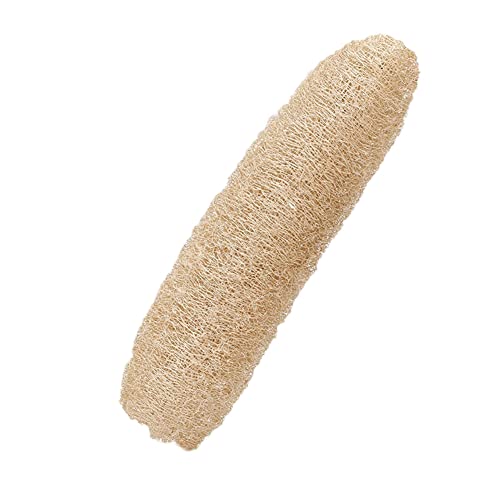Simonson82
Member
- Messages
- 9
- Location
- Wales
Ive never used fynerdyne filters before and am struggling to find out what exactly they do? Are they just a sediment filter with a longer life than standerd sediment filters? Ive always had 5 micron presediment to membrane to resin. Can someone tell me if fyberdyne will be better in the equation. Many thanks
























